Find your expert.
Fix your problem.
Breathe easy.
It only takes a few seconds.
Cracked Brick
Signs of Foundation FailureWalls - from exterior brick to basements - can be damaged by soil pressure. Stair-step cracking is a typical sign of foundation settlement and is very common in brick and concrete block walls. As your home continues to settle further, vertical cracks may widen, indicating that the wall is rotating outward.
Is your foundation settling?
Foundation settlement problems and house movement due to settlement are surprisingly common. Settlement typically occurs when soil compresses (settles) for a variety of reasons. These cracks aren't just unsightly - they compromise the structural integrity of your home.
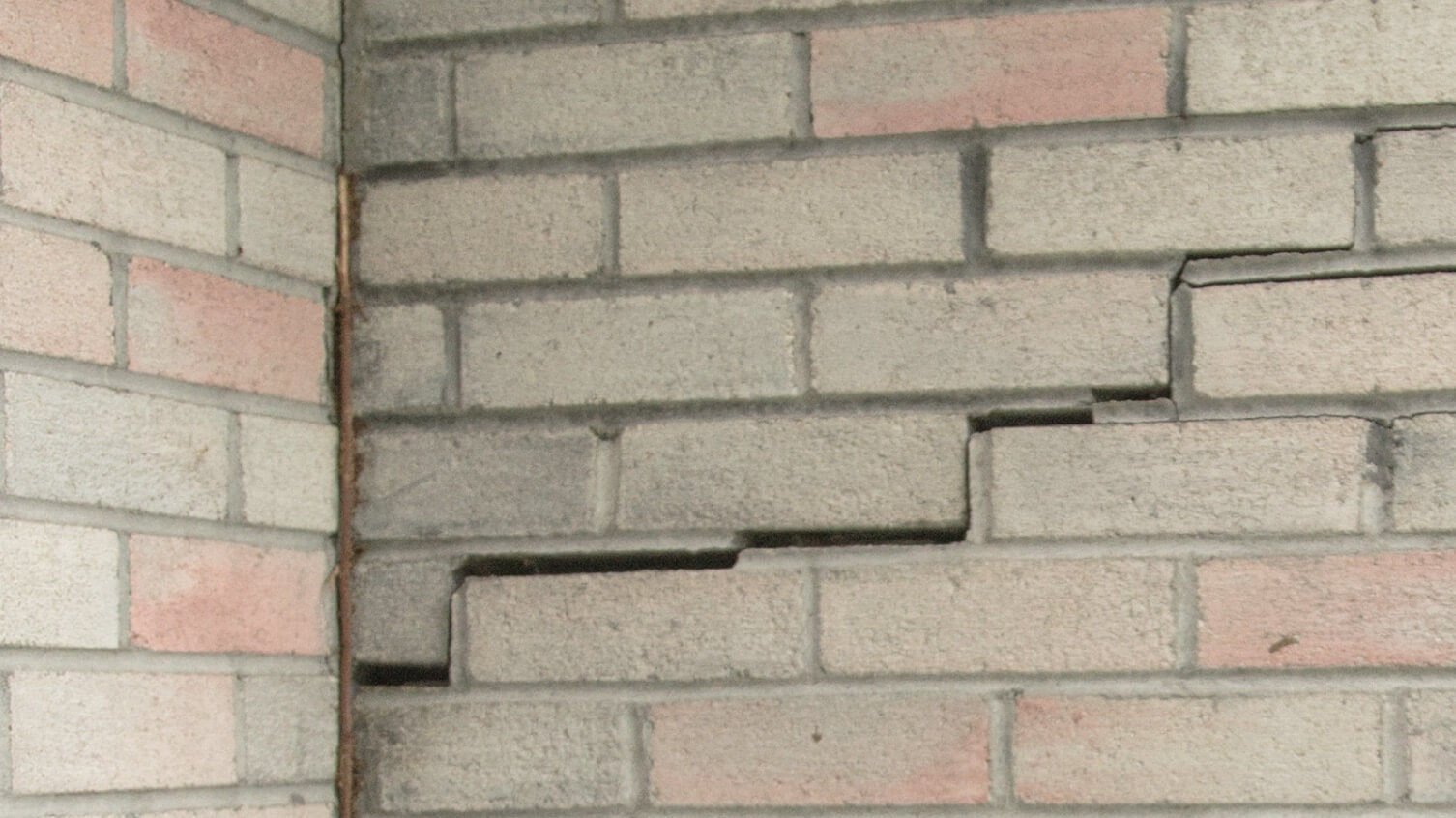
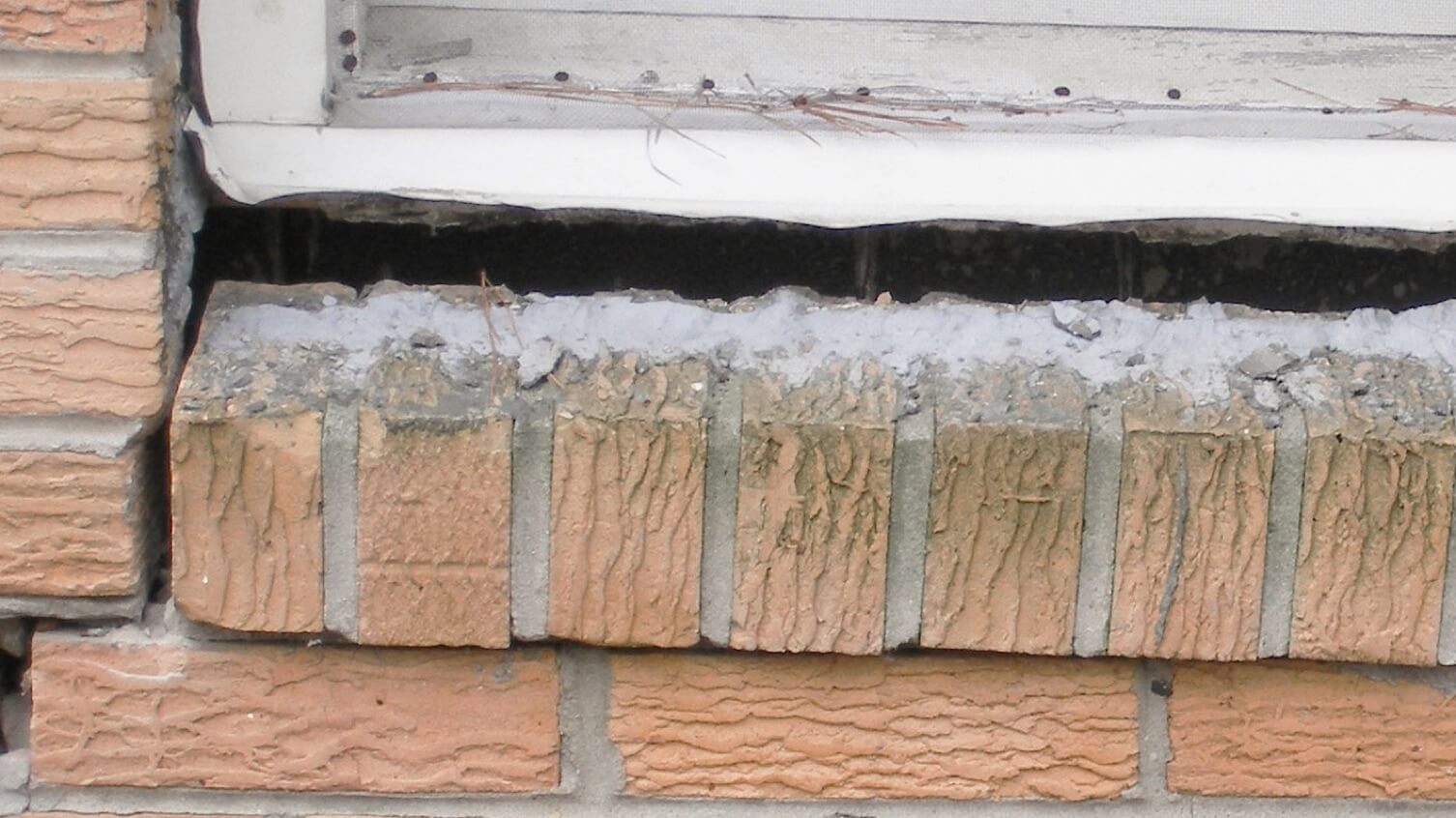
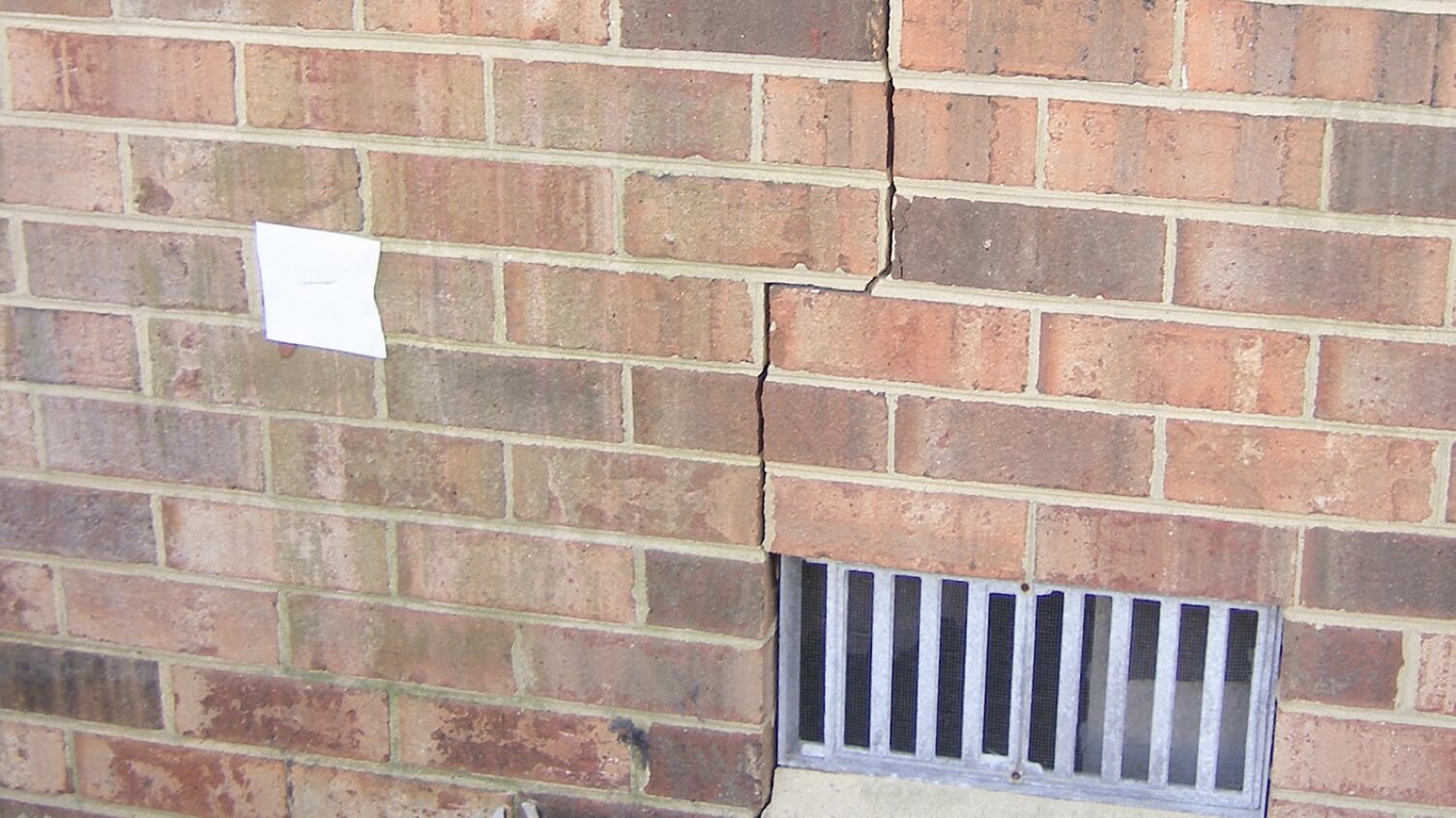
Common Signs
Look for stair-step cracks on exterior brick or block walls. You may notice them widening over time.
How did this happen?
Serious damage to your building or home foundation can develop immediately following construction, or it may happen years later as changes occur within the soils that surround and support the structure. The gap you see between your ceiling and interior walls isn't just unattractive; it may be a sign that your foundation needs attention now. So, what causes these foundation issues?
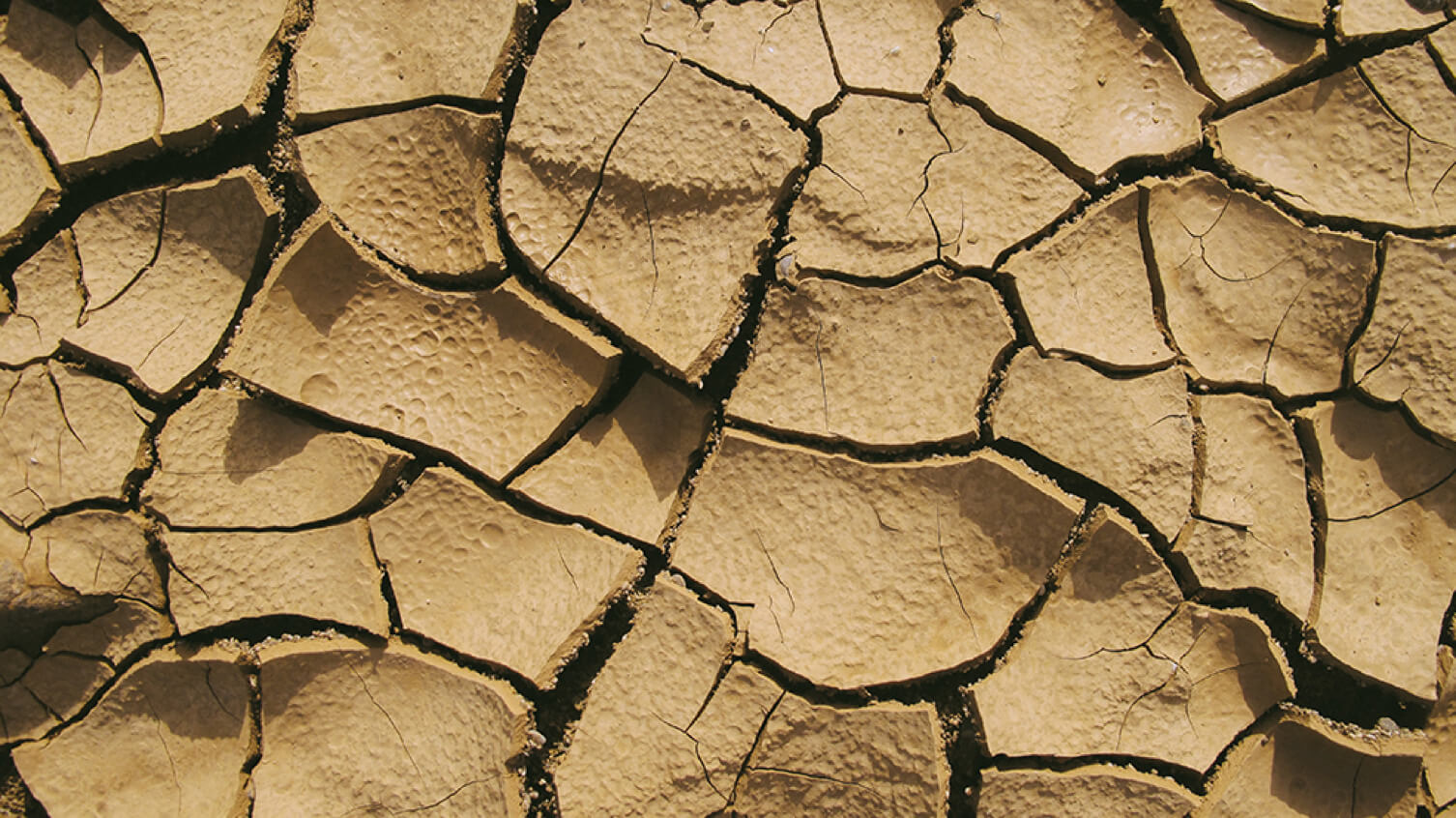
Drying and shrinking soils
During prolonged dry periods, the soils around your home may begin to dry. Clay soils shrink considerably when they dry, creating a void between the structure and the soil it's relying on to support it. When this happens, your foundation settles as well, frequently resulting in structural damage.
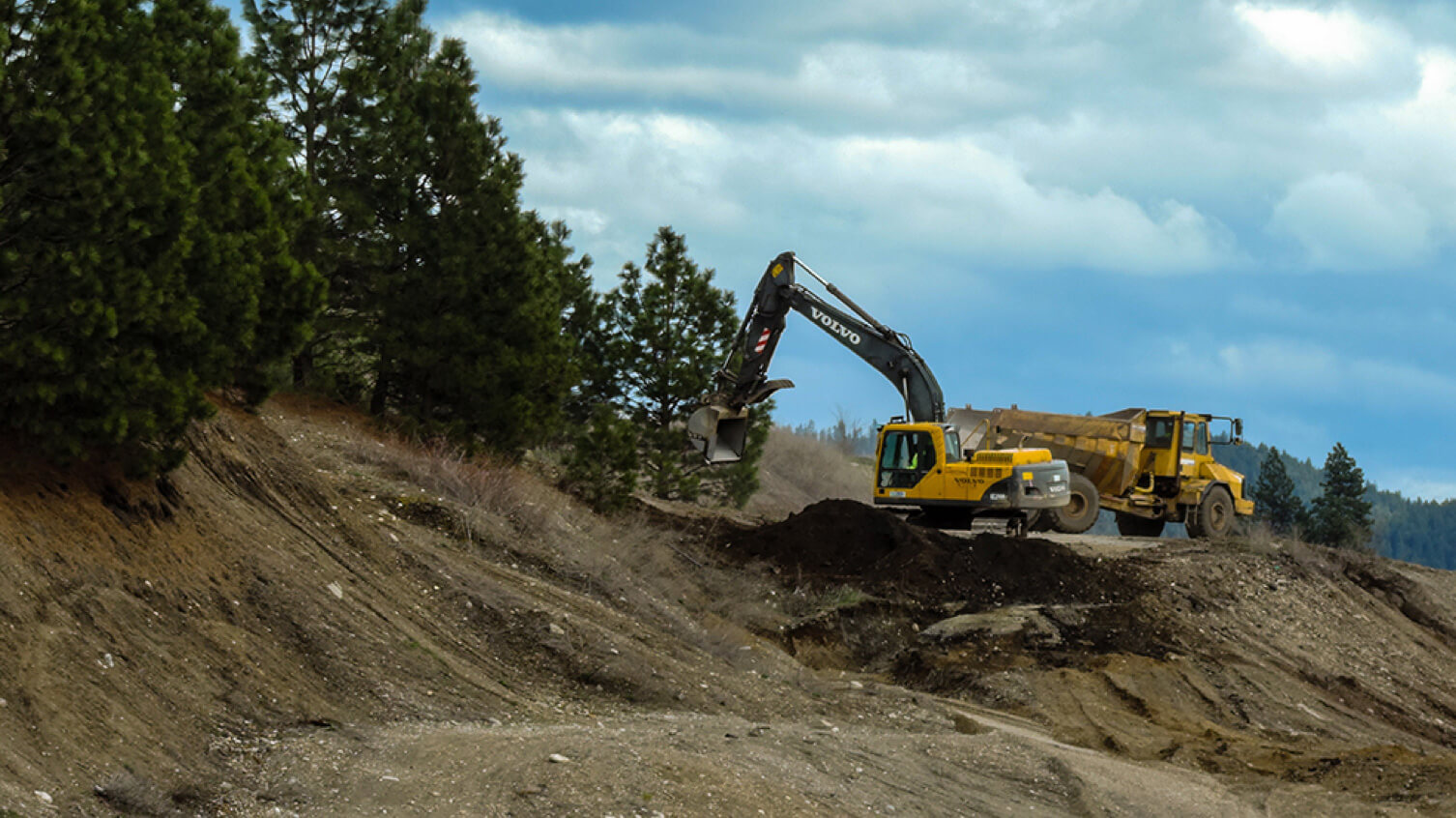
Poorly compacted fill soil
When preparing for your home's foundation, builders often use soil from another location to fill hollow or depressed areas. This recently excavated fill soil can be looser and lighter than the dense, hard-packed virgin soils already present. To compensate, builders frequently compact the fill soil thoroughly before placing a foundation. If this compaction is not done, or is done poorly, your home's weight may cause the soil to compress, leading to foundation settlement issues.
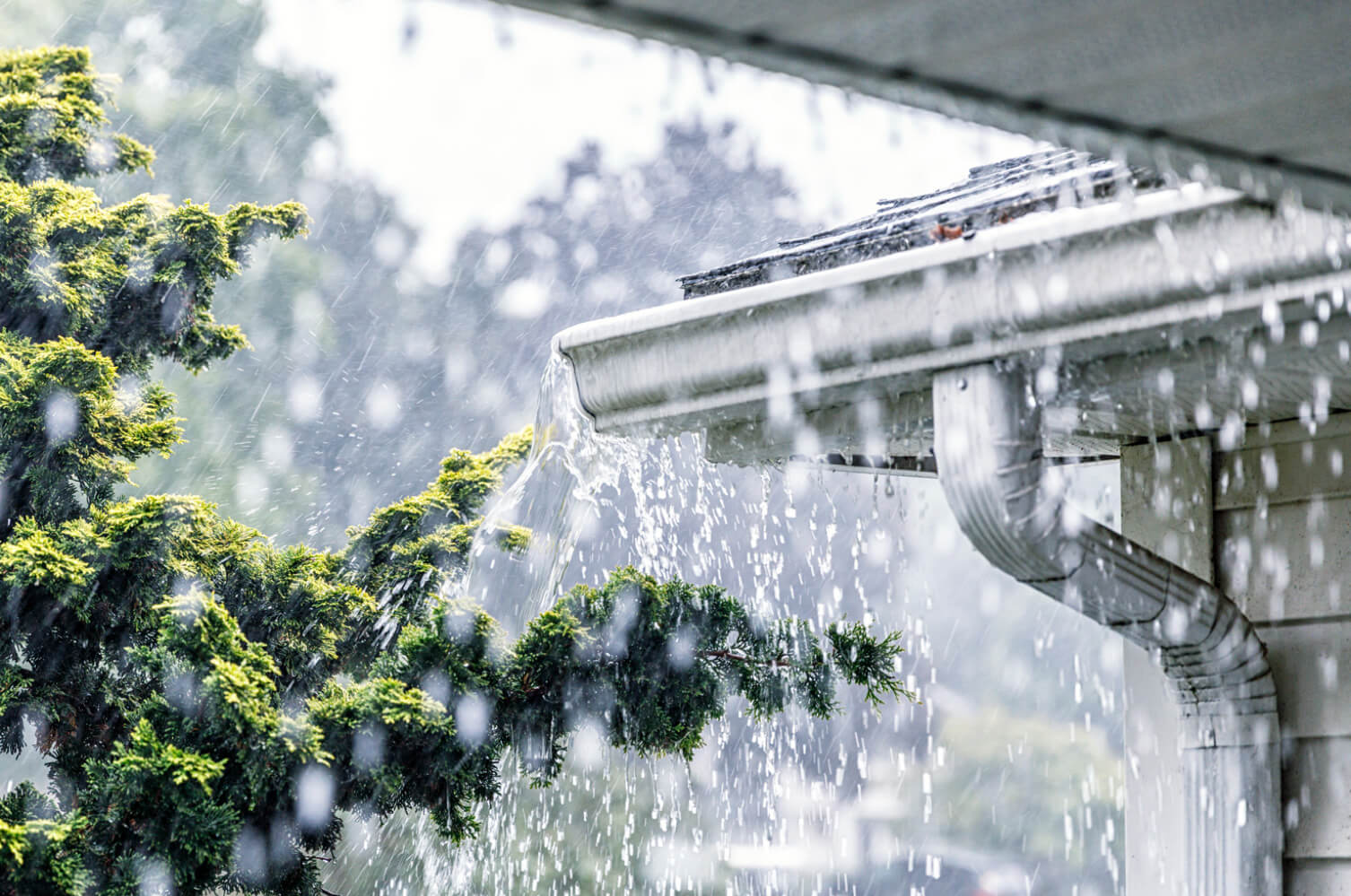
Wetting and softening of soil
Water can pose a danger for your home's foundation in several ways:
Heavy rain and flooding: When clay soils contact water, they retain it and become very soft. Soft soil does not bear loads well, causing heavy objects to sink into it.
Poor drainage: If water is allowed to "pool" next to the home due to poor soil grading, clogged gutters or some other factor, soils absorb the water. If soils around the home are clay, they will soften. This can cause the home to sink.
Plumbing leaks and broken water lines: Plumbing leaks under or near a home can saturate soils around it, potentially weakening their load-bearing capacity. Often, plumbing leaks push soil out from under the home, creating a void into which a home or building can sink.

Why fix your foundation problems now and not later?
- Foundation problems only get worse over time. Hoping, praying and putting them out of your mind won’t reverse the symptoms and make the situation better.
- Foundation problems will never be less expensive to fix than they are today.
- This is your home’s foundation we’re talking about. It supports your house and everything in it, including your family. Do you really want to let it deteriorate?
The Real Estate Seller Disclosure Act requires foundation repair needs to be disclosed to potential home buyers. Realtors tell us they are forced to discount homes with foundation structural defects 10-20% to make a sale. What is your home worth in today's market? Imagine losing that much money from your home's value by not permanently fixing your foundation!
Don't let problems like these rob you of your peace of mind.
Find a dealer near you to fix them, so you can breathe easy and sleep well tonight.